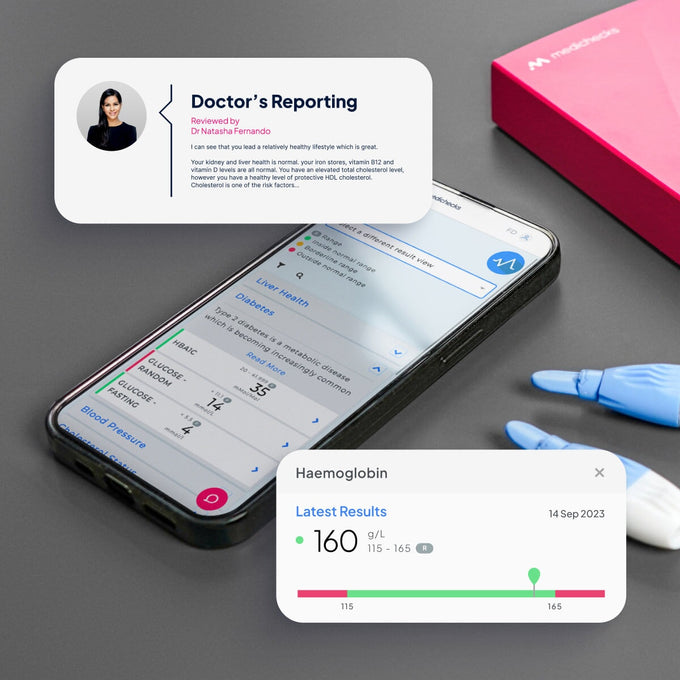Epstein-Barr Virus Antibodies Blood Test, from our experts to you.
Dr Sam Rodgers MBBS, MRCGPChief Medical Officer

What is an EBV antibodies test for?
Our Epstein-Barr virus (EBV) antibodies test helps diagnose a current, recent, or past EBV infection.
EBV? What is
EBV is a member of the herpes virus family and is transmitted through saliva. EBV causes glandular fever in up to 50% of infected people. After initial exposure to the virus, there is an incubation period of several weeks. EBV then causes a primary infection, followed by resolution and dormancy. Symptoms of glandular fever include a very high temperature, a severe sore throat, swollen glands, and extreme fatigue.
Which antibodies are produced in an EBV response?
Several EBV antibodies can be produced in an immune response to EBV antigens, including IgM and IgG-antibodies to the viral capsid antigen (VCA) and antibodies to the nuclear antigen (EBNA). Our blood test checks for all three of these antibodies.




